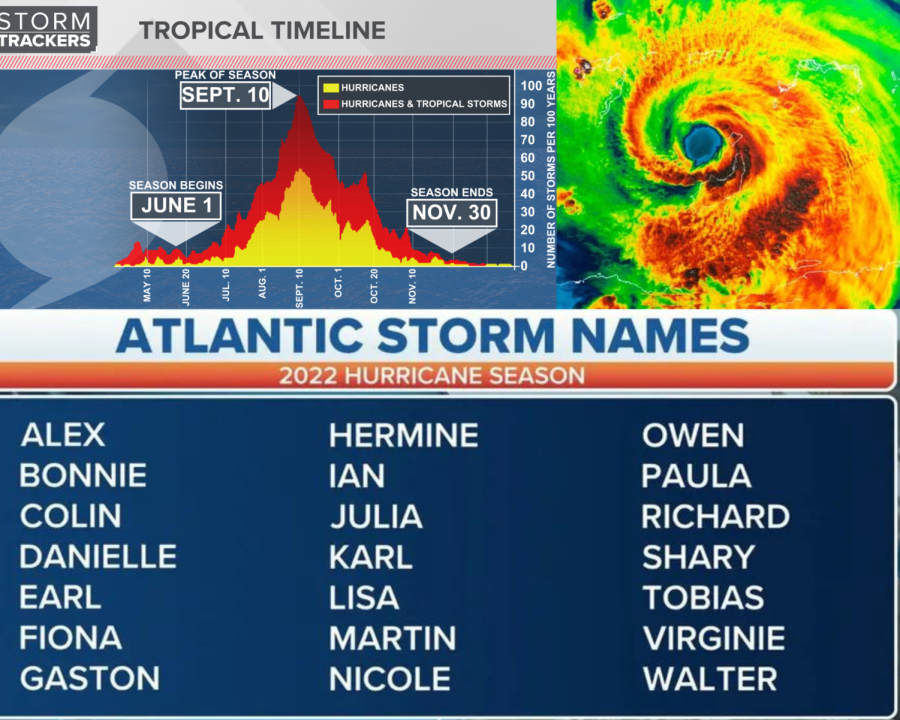Ways to prepare for the ongoing hurricane season
Develop plans and strategies for the hurricane season because it can cause a devastating effect no matter the time, place or location. When in danger of a hurricane, stay updated on the safety procedures. Learn the necessary steps before, during and after a hurricane as the season ends on November 30.
September 14, 2022
Lay the groundwork for the ongoing hurricane season in Georgia and take the next step in case weather situations turn dangerous. Preparing for the season not only benefits the individual but others as well. Assemble a disaster kit for the family, while taking pets and valuables into consideration, and spread the word to the community, family, friends and colleagues.
To ensure safety, people should listen to advisories and directives passed on by credible media sources. To keep safe, take precautions and avoid the risks in Georgia, the South Atlantic Ocean, the Caribbean Sea, and the Gulf of Mexico. Not only that, but hurricanes can cause catastrophic damage, even as far as hundreds of miles inland. This proves that residents of the area must understand the risks and reflect on their plans of evacuation.
Staying informed and aware of the actions to take before, during and after a hurricane remains crucial. Figure out the availability of warning systems in addition to informational resources available. Examples of the resources include radio stations, TV stations, social media, National Oceanic and Atmospheric Administration (NOAA) weather, the internet, emergency cell phone alerts, hurricane, weather alert applications and the local police department.
“Although it has been a relatively slow start to hurricane season, with no major storms developing in the Atlantic, this is not unusual and we, therefore, cannot afford to let our guard down,” Federal Emergency Management Agency (FEMA) Administrator Deanne Criswell said.
Set up a communication plan with the family in the case of separation. Establish a way of contacting each other and ensure reconnection if separated, along with a meet-up place. Even an average hurricane season perceives enormous potential for damage.
“Depending on where the danger is, if I would stay at the safest place closest to me and if the cell towers were not down and I could contact my family I would make sure they are safe. After the hurricane or bad weather goes by we would then meet up,” senior Tanner Wilkes said.
When at home during a hurricane, follow procedures to enhance safety. Listen to the TV or radio station to receive updates on the weather conditions and listen for instructions to remain indoors or not. Close storm shutters and bring outdoor objects inside to guarantee the security of the home. Try to limit phone use in the case of an emergency.
After a hurricane passes and the stormy weather progresses, the local authorities may not offer an answer of information to everything as a collective, along with the way people should respond. Stay out of the flood waters because they could contain contamination. Even if rising water traps a person in their vehicle, exit as quickly as possible to access high grounds. Someone away from home should not return until the local authorities provide notice.




